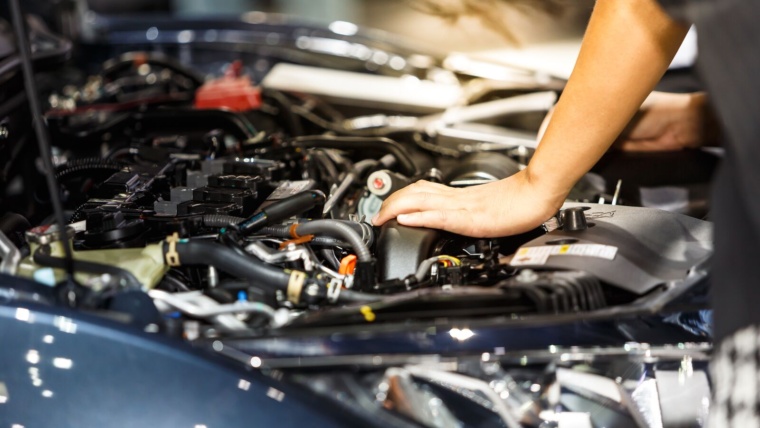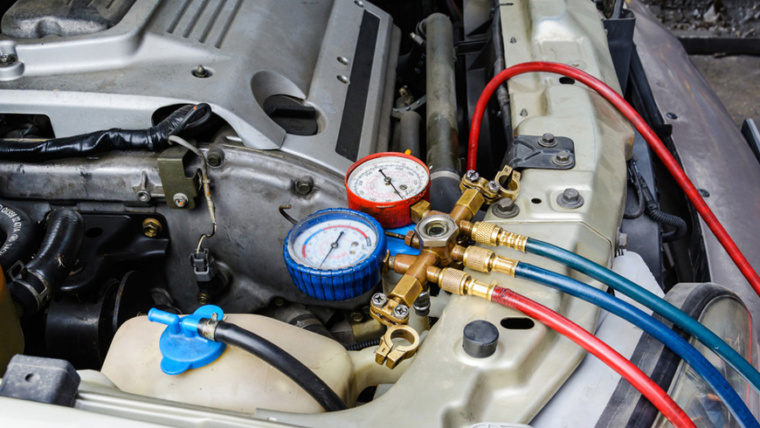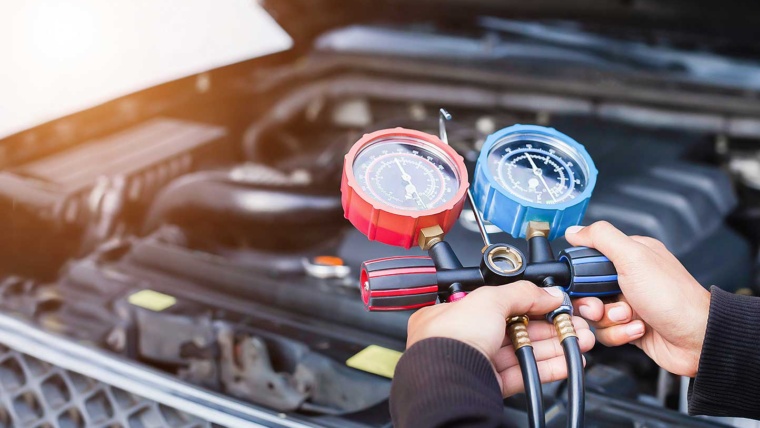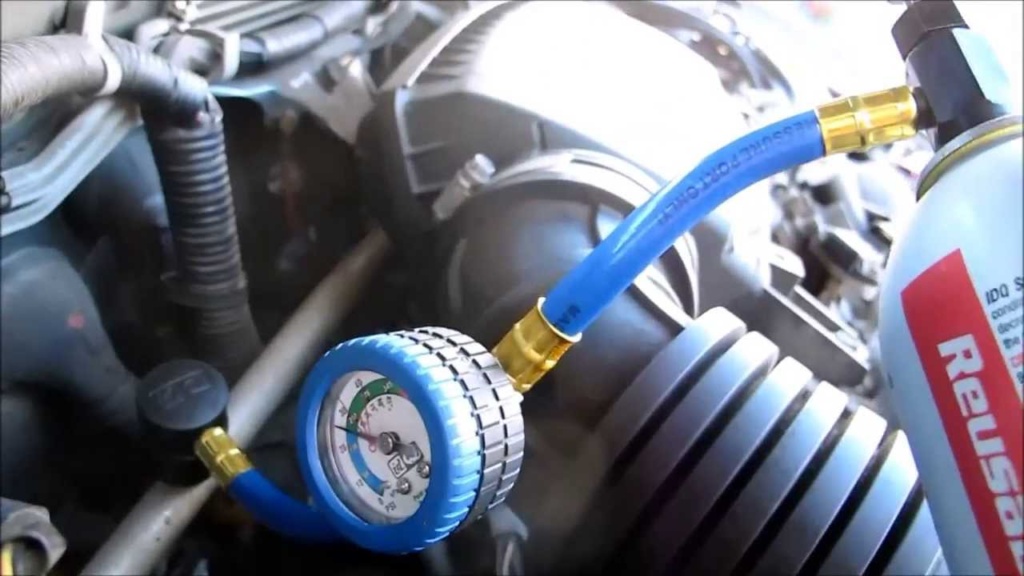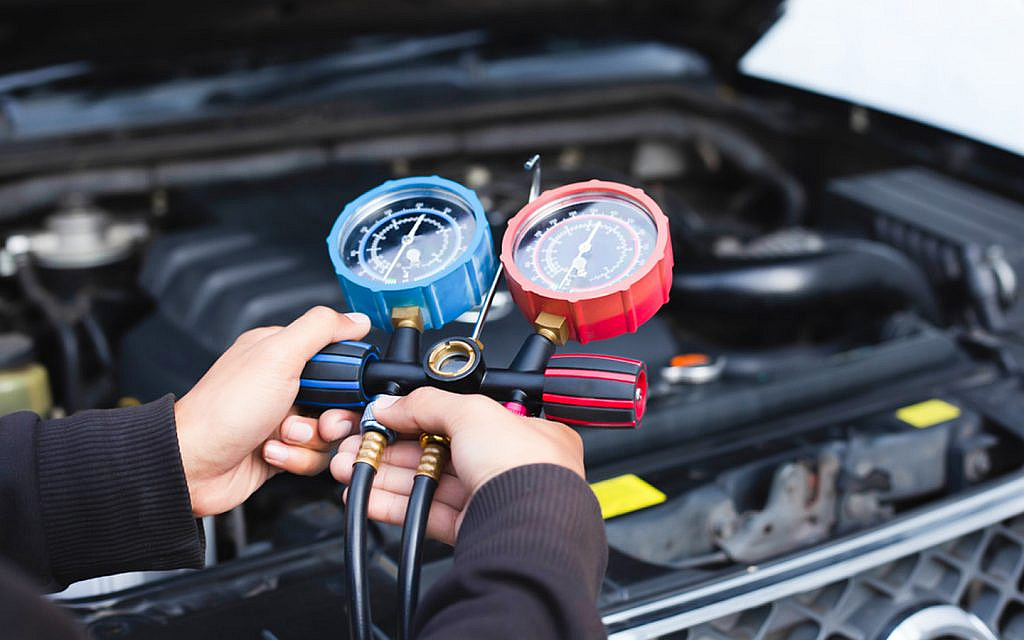Car repairs can frequently come with a hefty price tag, but with the right approach, you can reduce costs significantly without compromising quality. Whether you are a car owner who wants to save on routine maintenance or someone dealing with an unforeseen breakdown, understanding how to handle repairs efficiently and economically is essential. Here are some practical and affordable car repair tips to help you get the best value for your money.
Regular Maintenance is Crucial
The best way to avoid expensive repairs is by keeping up with regular vehicle maintenance. Routine checks like oil changes, tire rotations, brake inspections, and air filter replacements can prevent bigger issues down the road. Neglecting small maintenance tasks frequently leads to more serious, expensive problems that could have been fluently avoided. For example, regularly changing your oil prevents machine wear and can significantly extend your car’s life.
Do- It- Yourself( DIY) Repairs When Possible
One of the most effective ways to save money on car repairs is by tackling some of the simpler tasks yourself. Basic repairs such as changing air filters, replacing spark plugs, or changing a flat tire — do not require professional expertise. With some research and a few tools, you can perform these tasks at home, saving yourself labor costs. Online tutorials, repair guides, and repair manuals specific to your car model can be invaluable resources when trying DIY fixes. Still, it’s important to know your limits. While minor repairs are manageable, don’t attempt something you’re doubtful about, as improper handling can lead to further damage and higher repair costs in the long run.
Shop Around for the Best Prices on Parts and Labor
Car parts and labor can vary extensively in price depending on where you protect and who does the work. Before committing to any repair, do some research. Look online or visit local auto parts stores to compare prices for the parts you need. Numerous online retailers offer discounts, especially if you buy in bulk or during sales events. You might also consider purchasing refurbished or aftermarket parts instead of brand-new OEM (original equipment manufacturer) parts, which can be much more precious.
Labor costs vary between mechanics, so getting multiple quotes is a good idea. Do not be afraid to ask for a breakdown of the estimate to understand exactly what you are being charged for. Sometimes, independent mechanics or smaller local shops can provide the same services as larger dealerships at a bit of the cost.
Use Synthetic Oils and Fluids for Longer- Lasting Results
While synthetic oils and fluids frequently cost more upfront, they tend to last longer and provide better performance, potentially reducing the frequency of oil changes and other maintenance tasks. For example, synthetic motor oil can extend your oil change intervals and prevent engine buildup, which means fewer engine problems. This can be a great investment in the long term.
Keep Your Tires Duly Inflated and Balanced.
Proper tire care is one of the easiest and most affordable ways to extend the life of your car and avoid unnecessary repairs. Under-inflated tires increase energy consumption and wear out more quickly, while over-inflated tires can cause blowouts. Regularly check your tire pressure and ensure it meets your vehicle’s specifications. Rotating and balancing your tires regularly ensures even wear and improves fuel efficiency, potentially saving you on fuel costs as well.
Avoid Unnecessary Repairs and Upgrades
Some car repairs or upgrades are not essential, especially if you are trying to save money. For example, cosmetic repairs such as fixing small dents or repainting the car may not affect the vehicle’s overall functionality. However, it may not be worth spending extra money on unnecessary repairs If the car runs well and passes safety inspections. Always prioritize mechanical issues that directly impact your car’s performance or safety first.
Do not Ignore Warning Signs.
Ignoring small problems can lead to big, expensive ones. However, vibrations, or advising lights, If you notice any unusual sounds. For instance, a small oil leak or a worn brake pad may not seem critical, but putting off repairs can lead to more serious and precious damage later. Regularly cover your vehicle for signs of trouble and address them instantly before they become major issues.
Build Relationships with a Trusted Mechanic
Establishing a relationship with a reliable mechanic can save you money over time. A trusted mechanic will frequently give you honest advice, offer discounts, and may even alert you to potential issues before they become expensive problems. Ask for recommendations from friends and family, read reviews online, and visit the shop to gauge their professionalism and expertise.
Plan for Major Repairs
When major repairs, like transmission or engine work, are demanded, it’s important to plan. These repairs can be expensive, but they won’t hit you as hard if you’re prepared financially. Some auto repair shops offer payment plans or financing options for large repairs. Alternatively, setting aside a repair fund in advance can give you peace of mind when the time comes for a major fix.
Contact Basa Autos Centre Now!
Ready to give your vehicle the care it deserves? Contact Basa Autos Centre today for top-notch auto services tailored to your needs. Whether you need routine maintenance, repairs, or specialised services, our skilled technicians are here to ensure your vehicle is in peak condition. We pride ourselves on reliable, affordable service and a commitment to quality that keeps our customers coming back.
With our friendly team, fast turnaround times, and advanced diagnostic tools, you can trust Basa Autos Centre to get you back on the road safely and efficiently. Reach out today for exceptional service!
Frequently Asked Questions
How can I save money on car repairs?
To save money, perform regular maintenance, consider DIY repairs for minor issues, shop around for the best prices on parts and labor, and avoid unnecessary upgrades or repairs.
Is it safe to do my car repairs?
It depends on the repair. Simple tasks like changing filters, replacing spark plugs, or changing oil can be done safely with proper knowledge and tools. Still, complex repairs should be handled by professionals.
How often should I change my car’s oil?
It depends on your vehicle’s make and model, but most cars require an oil change every 3,000 to 7,500 long hauls. Check your owner’s manual for the specific recommendations.
Can I use aftermarket parts for repairs?
Yes, aftermarket parts are frequently more affordable than OEM parts and can also work. However, to avoid future problems, make sure you choose high-quality aftermarket parts.
What should I do if my car is making a strange noise?
If you hear strange noises, have your car checked by a mechanic as soon as possible. An early opinion can prevent more costly repairs later.



